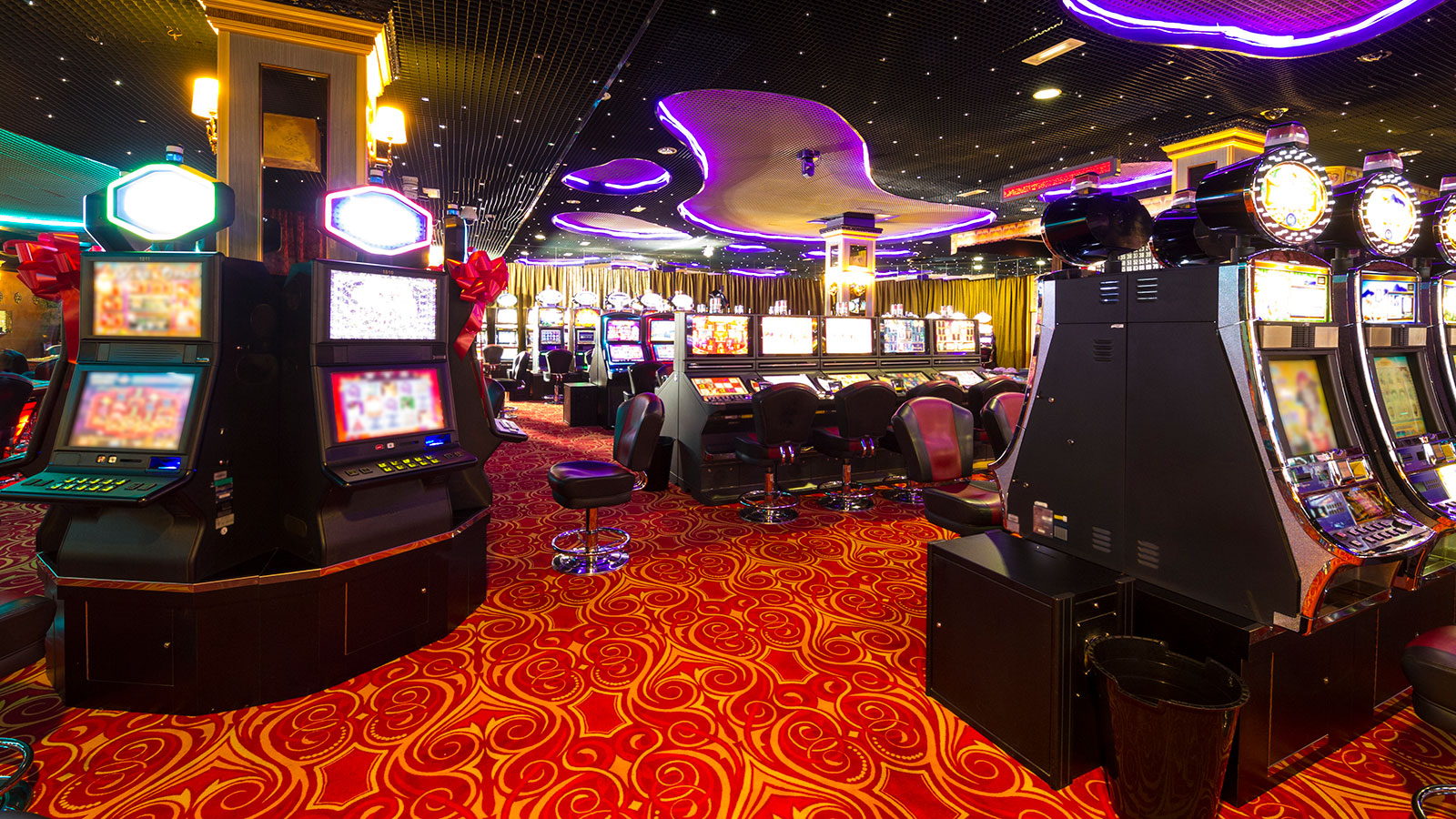
Gambling games have long captured the interest of humans around the world, becoming an essential part of both entertainment and tradition. From the glimmering lights of Nevada to the captivating experience of online gaming, these games evoke enthusiasm, uncertainty, and sometimes even a sense of remembrance. They are not just simply pastimes; they have woven themselves into the texture of our lives, influencing everything from film and songs to clothing and books.
The allure of casino games goes beyond the betting aspect, tapping into broader themes of serendipity, possibility, and human behavior. As players convene around a card table or turn the roulette, they engage in an ancient ritual that connects with our communal desire for thrill and uncertainty. This fascination has led to the growth of numerous references in cinema, tracks, and video games, showcasing how strongly entrenched these activities are in popular culture. Whether it is the pressure of a legendary heist movie or the vibrant nightlife portrayed in videos, casino games have established a substantial role that reflects our bond with reward.
Historical Significance of Gambling Activities
Casino activities have played a key role in social contexts throughout the ages. Stemming from old civilizations, forms of chance were often connected to rituals or gatherings. non GamStop sites For example, early iterations of these activities can be traced back to ancient Chinese and the Romans, where dice games and betting on outcomes were common pastimes. These games not only served as leisure but also as methods of social interaction, facilitating relationships among people within communities.
As cultures evolved, so did the complexity and organization of gambling games. The establishment of formal casinos in the 17th century, particularly in the Italian region, marked a significant shift in how games were perceived and structured. With specific spaces for gaming, the casino became a social hub where patrons from different backgrounds gathered. This evolution contributed to the legitimization of gambling, transforming it from a mere pastime into an organized industry that shaped economy and regulations.
The impact of gambling games on mainstream culture cannot be overlooked. As they were brought into the limelight in literature and movies, games such as poker and blackjack became icons of risk, luck, and strategy. Iconic figures and stories have developed around these activities, illustrating societal attitudes towards fortune, wealth, and vice. This fascination with casino games has permeated various forms of entertainment, cementing their status in the collective consciousness and connecting them to broader cultural stories throughout history.
Representation of Gambling Games in Media
Casino games have long been a popular subject in different types of entertainment, reflecting both the fascination and intricacies of the world of gambling. Films such as Ocean’s Eleven and Casino Royale portray figures who navigate intense situations, showcasing not only the appeal of the gambling environment but also the methods and choices that come with playing popular games like poker and blackjack. These movies often dramatize the exhilaration of winning and the potential consequences of losing, encapsulating the perils involved in gambling.
Television shows have also explored the realm of casino games, often integrating them into the plot as a backdrop for character development and tension. Series like Vegas depict the experiences of gambling employees and customers, highlighting the lively, often disorderly energy of the casino floor. Reality shows featuring high-stakes betting contests further emphasize the fascination of casino games, drawing viewers into the drama and tactics involved in each game. Through these depictions, media not only amuses but also stimulates conversations about luck, expertise, and the nature of chance.
Digital games have increasingly included gambling activities into their design, allowing players to simulate the experience of gambling without financial risk. Games within the domain of online gaming often include virtual slots, online poker, and other popular casino games, creating an engaging environment that mirrors real-life gameplay. These digital representations make gambling activities accessible to a broad demographic, appealing to both players who indulge and those who enjoy the thrill of virtual experiences. As a consequence, the portrayal of casino games in media continues to shape public perception and cultural relevance, highlighting their place in entertainment and the cultural landscape.
Effect of Gambling Activities on Communities
Casino games have a meaningful impact on society, affecting multiple facets of societal norms and interpersonal behavior. They often serve as a platform for community engagement, where people gather to enjoy a common activity. Game nights with friends or visits to casinos become group events that build connections and create memories. This communal aspect enhances the entertainment value of gambling activities, making them a popular choice for celebrations and recreational pursuits.
Additionally, gambling activities have been depicted in numerous films, television shows, and written works, influencing views and attitudes towards gaming and betting. Icons like James Bond competing in baccarat or the high-stakes poker scenes in films have embedded these games in the shared imagination. This representation often idealizes the lifestyle associated with gambling, attracting new players and influencing trends in both fashion and conduct. These representations can ignite curiosity and lead to a more profound exploration of the intricacies of gaming.
However, there are also adverse implications linked to the widespread appeal of casino games. The allure of quick monetary gain can lead to gambling addiction and financial troubles for some individuals. Society must grapple with these issues, advocating for responsible gambling and education of the dangers involved. Finding a balance between the fun aspect of gambling activities with the risks is crucial to ensure that they remain a beneficial aspect of our cultural landscape.
